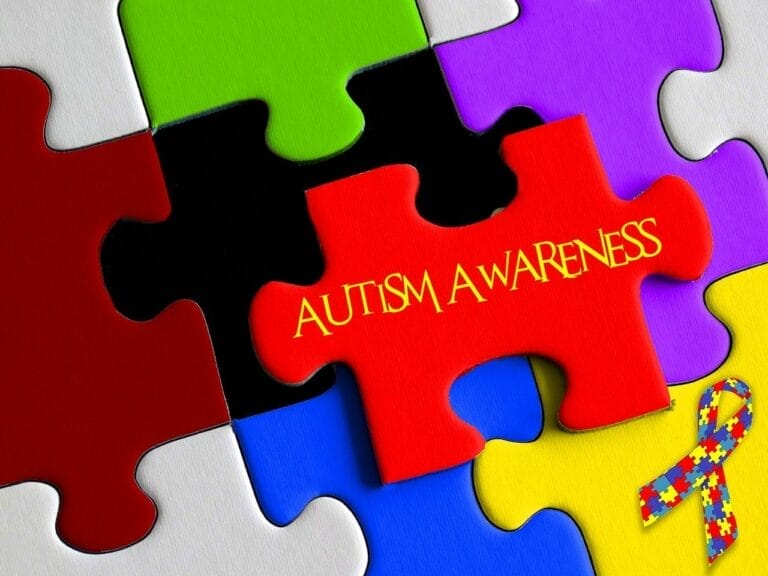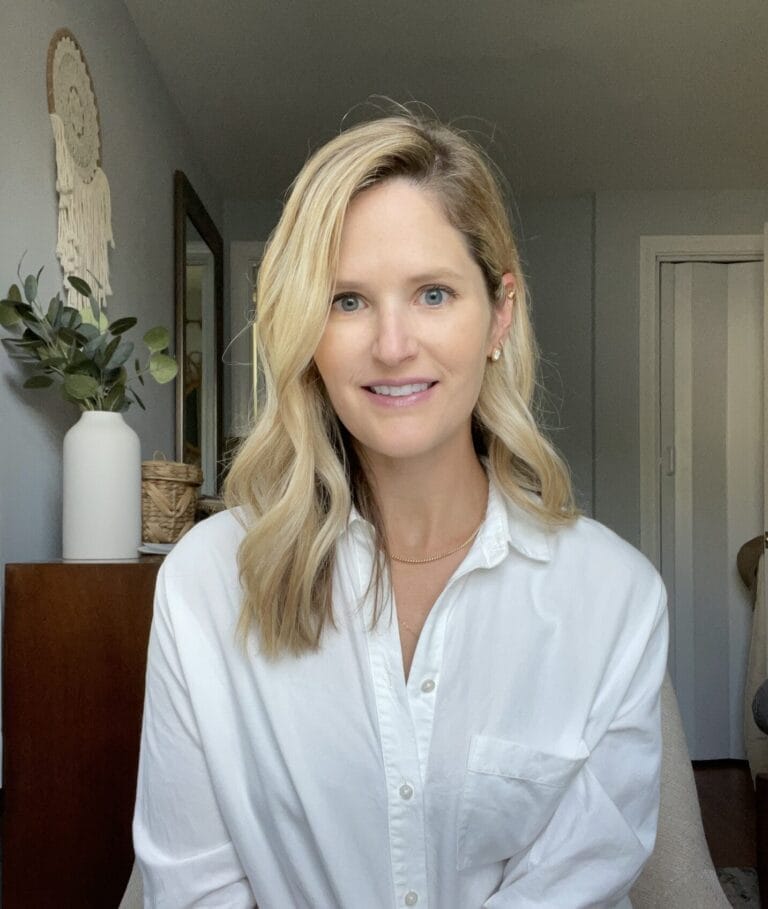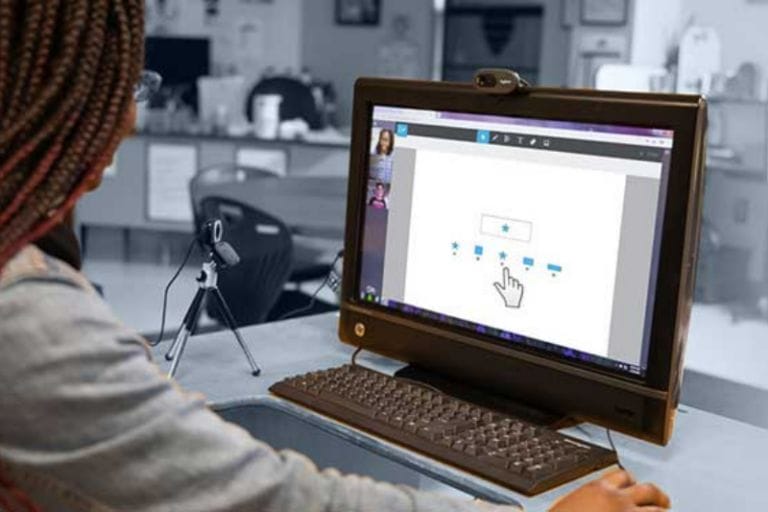
Sensory Integration
Sensory Integration is the process performed by the central nervous system when it takes information in from your body’s eight senses and then responds accordingly. Yes, there are eight sensory systems in your body, not just five!
- Auditory (sound/hearing)
- Olfactory (smell)
- Gustatory (taste)
- Tactile (touch)
- Vestibular (movement)
- Proprioception (input from muscles and joints)
- Interoception (internal sensors indicating physiological conditions)
What is Sensory Processing Disorder?
Sensory Processing Disorder (SPD) is a neurological disorder that compromises processing information from these eight senses. Unlike blindness or deafness where the sensory information is never received in the brain, the brain of children suffering from SPD receives the sensory information, but it is processed abnormally. This invariably causes child distress, discomfort, and confusion.
Sensory Processing Dysfunction
- language delays or deficits
- fine and gross motor delays
- strong sensory interests
- sensory aversions
- an inability to interact with people and objects
- a failure to stay within an interaction
- repetitive sensory stereotypies (stimming)
A closer look at Autism and Sensory Processing Dysfunction
Although a sensory processing disorder doesn’t qualify a child for an autism diagnosis, many therapists claim that they have yet to meet a person on the autism spectrum who is not suffering in this area. In fact, most teenagers and adults who are on the spectrum claim that sensory processing challenges are their highest difficulty.
These same teenagers and adults claim that their sensory challenges have impacted every aspect of their lives – relationships, communication, self-awareness, safety and so on. It all begins at the beginning of life. Babies and toddlers learn about the new world around them by using their senses. If a baby processes information abnormally from her senses, she will acquire a distorted view of the world around her and also of herself.
Most teachers and parents are quite aware of how compromised visual and auditory processing can impair classroom learning. Yet, many don’t understand that sensory processing difficulties are a lot more complicated and can have more far-reaching consequences. For example, an LCSW explained that body and spatial awareness are so tricky that when he walks, he has to look at the ground because otherwise, he would lose his sense of balance.
Furthermore, many children on the spectrum find it difficult to tolerate everyday social situations. Meeting someone new can be overwhelming – a different visual stimulus, smell or voice can wreak havoc. This sheds new light on a child who is having difficulties with social relationships. The culprit is not only communication but the total sensory processing experience.
So while all agree that some children do have severe sensory challenges, the debate whether SPD should be considered an independent disorder or is merely a manifestation of Autism goes on unabated. For most children, however, there is little practical consequence as they require the same help irrespective of the classification.
Who can help your child?
Occupational Therapist: Physical activities and strategies are used to help the child to meet their particular sensory needs and enhance processing sensory input in their everyday environments.
Speech Therapist: Helps the child to learn how to reduce sensitivities to sound and stimuli that help improve speech, muscle movements of the mouth and swallowing
Mental Health Therapist: Helps the child’s tolerance to overwhelming sensory experiences to gradually increase through cognitive behavioral therapy
With the advent of teletherapy, many more of these children with sensory processing difficulties can be helped. Teletherapy goes beyond the bounds of time and place and as such offers hope to those many of these suffering children previously unserviced.




